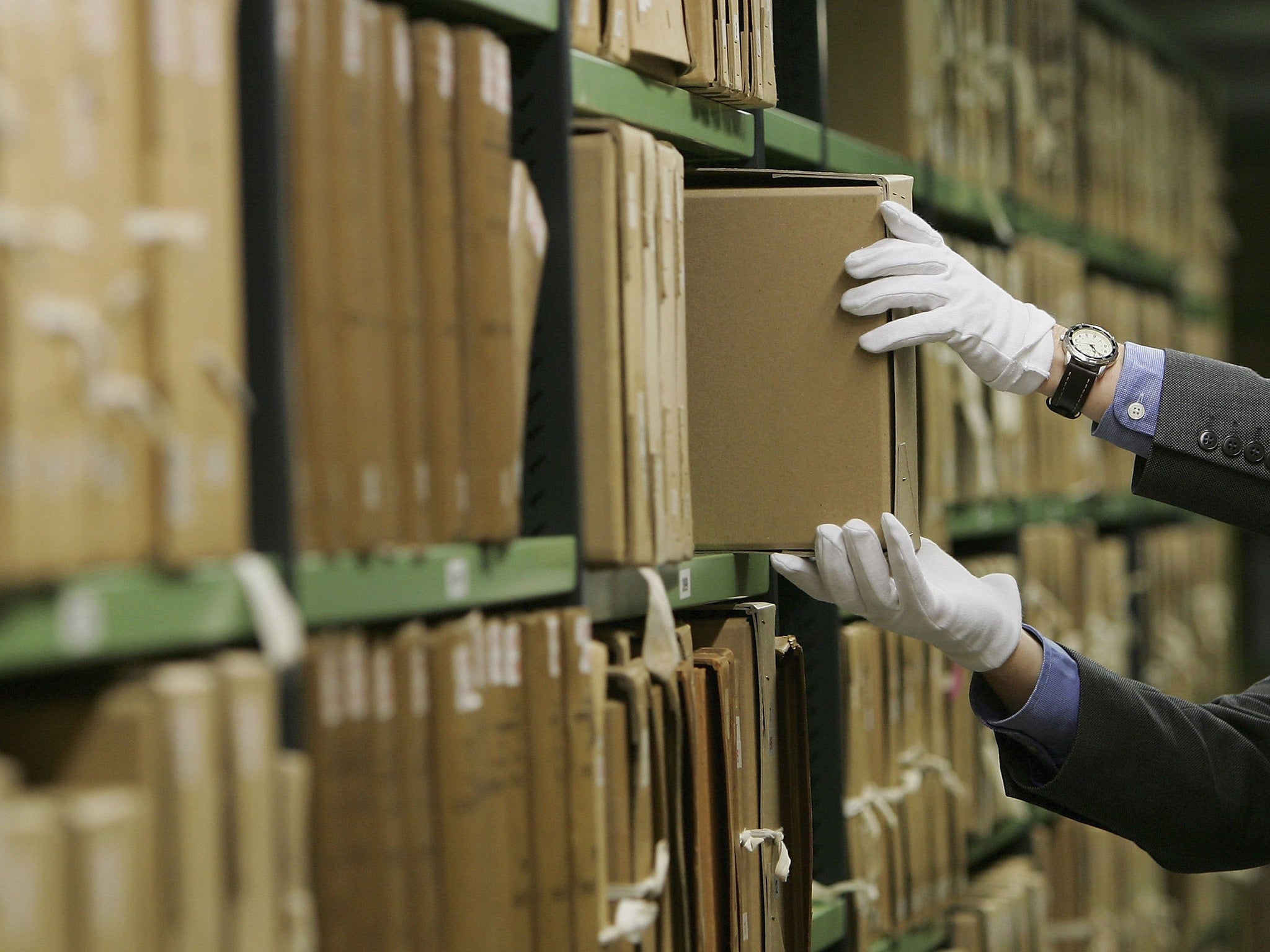Public could have to pay £100 to make Freedom of Information Requests under right-to-know crackdown
A commission will also examine whether cabinet ministers should be given greater powers to veto information requests

Members of the public could be charged up to £100 to submit requests for information to councils, police forces or the Government under a right-to-know crackdown.
A commission set up by ministers to examine changes to Britain’s Freedom of Information regulations has confirmed that it was looking at copying countries such as Germany, New Zealand and Ireland which charge individuals to make requests.
The review will also examine whether cabinet ministers should be given greater powers to veto information requests and if some exempted categories should be extended.
While the commission has yet to suggest a fee structure, Germany usually charges €50 (£37) to €100 per request, although this can be as high as €500. New Zealand levies $38 (£16) for each 30 minutes spent collating information after the first hour.
Although the commission made a public call for evidence on the topic, campaigners fear its result will be a foregone conclusion. At least one of its five members, Jack Straw, is a critic of the Freedom of Information Act; the chair is a former senior Whitehall official, and there is no representative of any group known to be in favour of keeping the legislation as it stands.
The commission has given itself just 20 working days to analyse all the evidence submitted to it, reach a conclusion, write and publish its report.
Bizarrely, at a press briefing to announce the call for evidence, a senior commission figure refused to be quoted by name despite claiming “our aim is to be as open as possible”.
Critics believe that the body has been set up to come to pre-ordained conclusions. Maurice Frankel, director of the Campaign for Freedom of Information, said the commission was looking at “a very wide range of potential restrictions”.
He added that fees for requests would be worrying. In Ireland, when a €15 application fee was introduced, it resulted in the number of requests falling by 75 per cent.
“For most people, a single charge for a single request might not be a problem, except for people on low incomes,” he said. “But … many people legitimately need to make more than a single request.
“It would make the FoI Act inaccessible for individual requesters and small and medium organisations, as well as for freelance journalists.”
Donald Campbell, of the legal charity Reprieve, added: “It is deeply worrying that the commission is proposing charging the public for information that they have a right to.
“Freedom of Information is a crucial tool for keeping our politicians honest and our Government on the right track. It should be available to everyone without cost.”
Lord Burns, the commission’s chair, said: “We want to hear the views of as many people as possible… The commission is an independent body, with no predetermined view, and is interested in gathering as much objective evidence as possible on the questions posed in the call for evidence.”
Join our commenting forum
Join thought-provoking conversations, follow other Independent readers and see their replies
Comments
Bookmark popover
Removed from bookmarks